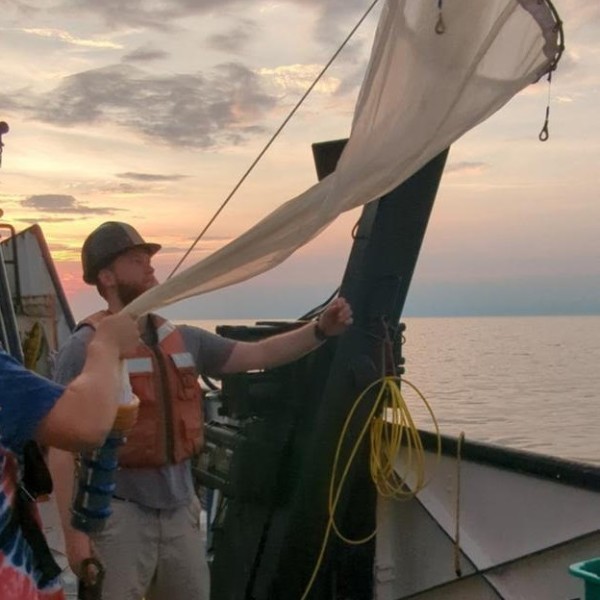A new report funded by the Global Methane Hub and ClimateWorks Foundation details innovations in three key sectors of the global food system – livestock (including diet shifts), food loss and waste, and rice cultivation – that can eliminate over 5.6 gigatons of carbon dioxide equivalent by 2050.
From farm to fork to landfill, 60 percent of global methane emissions are generated by food systems. The potent greenhouse gas will continue to have outsized climate impacts on the three billion people who work in the agriculture sector. Limiting climate change to no more than 1.5°C warming requires rapid and ambitious reductions in agricultural methane.
“Global Innovation Needs Assessment: Food Systems Methane” quantifies the economic, social, and environmental benefits of innovations that reduce methane emissions. The report details the levels of investment still needed to research, develop, and commercialize these innovations, and regions where new technologies can offer standout results.
“Investing in improved productivity to reduce methane emissions is a win-win opportunity for our global economy and farmers and is essential in the short-term,” said Hayden Montgomery, Agriculture Program Director at the Global Methane Hub. “Philanthropy can play a role in catalyzing public and private investment in breakthrough R&D—and the return on investment is shared by all.”
A five-fold increase in annual investment by 2035 could yield 12 times larger benefits to develop and commercialize long-term innovation. Food system innovations from the report could collectively reduce the costs of achieving a 1.5°C climate objective by $100 billion in 2030 and $1 trillion in 2050.
“Reducing methane emissions from agriculture will spark a wide net of benefits like greater food security, improved human health, nature conservation, and better support for farmers,” said Avery Cohn, director of the Food and Agriculture Program at ClimateWorks Foundation. “Investing in new technologies and widening access to existing methods can grow our global economy and reduce pollution to ensure a thriving climate for all.”
Methane innovations can support wider food system decarbonization by reducing other greenhouse gas emissions, including carbon dioxide savings through avoided land use change and increased carbon sequestration potential. Reducing pollution, sustainable product offerings, and improved productivity are three key opportunities.
“Transformative, rapid food system changes are needed to achieve a 1.5ºC future, many of which are directly related to methane,” said Carlos Gonzalez Fischer, research associate in the Food Systems & Global Change program, housed in the Department of Global Development at Cornell University.
“This report provides the blueprint for tackling food system methane before it worsens. Innovations to lower agriculture’s climate footprint and address food insecurity are necessary to uplift our global community.”
“Rice farmers are facing ever-growing adverse impacts of climate change felt on a daily basis, yet the adoption of low-carbon innovations is slow due to lack of incentives and capacity,” said Vu Duong Quynh, vice head of the Environmental Chemistry Division at the Vietnam Institute for Agriculture Environment (IAE). “This report helps Vietnam prioritize our efforts to reduce methane emissions as we implement our National Action Plan for the Global Methane Pledge.”
Vivid Economics performed the report analysis under the guidance of a seven-member advisory board that provided peer-review. The committee also authored a brief on policy recommendations available for download.
A version of this article first appeared on the ClimateWorks Foundation website.





